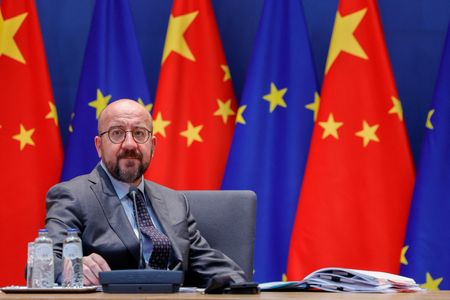
China-EU Summit Amidst Russian Ukraine War

The EU-China summit on 1 April took place at a time of crisis in Europe due to the Russian invasion of Ukraine. This currently dominates European thinking deeply. They presently view the world more in bipolar terms, having themselves lagged behind the US. They are curtailing the strategic autonomy that they wished to create in the post-pandemic period.
China’s approach to the summit was to keep things even with Europe and promote a multilateral order in which they have a leeway. China prefers to keep Europe and the US separate, so that they jointly don’t pressurize China as they are doing to Russia.
With these divergent approaches, the EU-China summit saw talks between European Commission President Ursula von der Leyen, European Council President Charles Michel and the EU’s foreign affairs head Josep Borrell, first with Li Keqiang, premier of China’s state council and later with President Xi Jinping. No joint statement was issued, so each articulated their own view of the Summit!
The EU’s emphasis was on Ukraine and the challenge it brings to the international order. They do not want any repetition of Russian action in Ukraine. They prefer China to agree that such actions are detrimental to the international order. China, as a permanent member of the UN Security Council, should abide by the UN Charter and its attendant responsibilities.
China seemed to agree that Ukraine was not a desirable event, but expressed its belief that Russia was provoked into taking action. The divergence on the roots of the conflict remained. There was mutual concern that the international order should not be rebalanced to the detriment of both, given that Europe and China would benefit from a multipolar order. There was a congruity, despite the more straightforward talking at the summit.
Europe is concerned that China should influence Russia to behave in a more responsible manner. Earlier they had a similar expectation of Russia regarding China, which has not performed as per international rules in the South China Sea, in Hong Kong, and with the Uighurs, among others. A European-Chinese divergence on the international order preceded the Ukraine crisis, and the effort now was to seek some congruity.
This led to a lower priority attached to criticizing China for its own actions, including the threat to Taiwan. Had Ukraine not occurred, this summit would have been a test of European resolve to challenge China on its actions in the South China Sea, Taiwan, Hong Kong and on its human rights record.
This emphasis is diluted for now. The Comprehensive Agreement on Investment (CAI) between China and the EU, which was rushed through under the German presidency in December 2021, is now in abeyance. It is yet to be approved by the European Parliament. The Summit did not give China any reassurance that the CAI will be approved in a hurry given the problems which China has not addressed and the expectations in the EU of how China would conduct itself, particularly where EU values were concerned.
At the same time, the EU was conscious that trade with China was $2 billion a day compared to $330 million a day with Russia. The trade with China is deep and diversified, whereas with Russia it is mainly energy. It will take Europe up to a year to show results in weaning itself off Russian energy and in this it does not want China to balance out its sanctions and restrictions on trade with Russia by providing succour. Thus, Europe wanted China to be careful in undermining sanctions on Russia and not help in breaching them. Ironically, the EU was perturbed with China’s sanctions, including against Members of the European Parliament, and measures against the EU Single Market Members!
Von der Leyen said: “We made very clear, China should not interfere with our sanctions.” She cautioned that support for the Russian action “would lead to major reputational damage” for China in Europe. Was this a fair expectation? China itself is not known to abide by European objectives in the world. Neither is it always in accordance with the UN Charter. Moreover, why would China countenance unilateral sanctions by Europe and the USA on Russia on which it was not consulted? Now its support is sought for sanctions it does not believe in.
China itself has been subjected to sanctions and therefore remains wary. Europe’s expectations of China are for curtailing Russian action and making sanctions effective. China thinks this is unhelpful to them and Russia. Having already been declared a ‘systemic rival’ of the EU, will they really suffer further ‘reputational damage’ by siding with Russia? Or will they obtain better adjustment from the EU?
Europe nevertheless focused on securing a level playing field for its trade and investment with China which is what it sought through the CAI. Since the CAI is not approved, the concessions that EU was to provide are on hold, while Europe demands from China, equal opportunities under their public sector procurement and determination of the levels of technology transfers. However, unlike Russia, Chinese trade and investment with Europe is of a much higher dimension and will continue to play a role in the relationship.
The EU tried to keep the summit more political. It did raise the issues of responsible behaviour on the Uighurs and Hong Kong, but on Taiwan it reiterated its one China policy. Europe protested the punishment that China is inflicting on EU member Lithuania. This is due to the nomenclature of a Taiwan office, opened in Vilnius. China is unrelenting on easing restrictions on Lithuania, which is impacting the supply chains which include production facilities in Lithuania for European companies. Europe indicated that it will pursue the case in the WTO if it did not see China responding well.
On its part, China offered a macro level engagement in which it was ready to work with Europe to maintain an international order since peace and security were important for a post- pandemic economic recovery. Xi spoke about “preventing spill overs of the crisis.” Li said China “opposes division of blocs and taking sides”. Both sides agreed that dealing with climate, COVID and subsequent economic recovery was important. As the Europeans were totally enmeshed with Ukraine, almost on every issue, they emphasised the importance of the Ukraine crisis and how it was detracting from the larger issues which China and Europe should be dealing with together.
The Chinese readouts and tweets after the summit provide a far rosier picture of the engagement and concluded by saying the Ukraine crisis was also discussed. Li alluded to China seeking peace in “its own way.”
The EU delegates did not indicate any evident assurances from China on the issues they raised.
The EU approach was that the Russian invasion of Ukraine is not only a defining moment for Europe, but also for global reordering. For China, ‘maintaining strategic communication, enhancing strategic mutual trust, and expanding consensus on cooperation between the two sides helps to promote sustained and sound development of China-EU relations’.
Undoubtedly, the EU-China relationship is among the strategically important and most challenging ones. China may believe that it can pick up the broad threads of its EU partnership, but things in EU have changed. The new German coalition and the next French Presidency are expected to bolster a firmer position against China. The EU-China summit was evidently not an occasion for that.
************
Disclaimer
The opinions expressed in this article are the author’s own and do not reflect the views of Chanakya Forum. All information provided in this article including timeliness, completeness, accuracy, suitability or validity of information referenced therein, is the sole responsibility of the author. www.chanakyaforum.com does not assume any responsibility for the same.
Chanakya Forum is now on . Click here to join our channel (@ChanakyaForum) and stay updated with the latest headlines and articles.
Important
We work round the clock to bring you the finest articles and updates from around the world. There is a team that works tirelessly to ensure that you have a seamless reading experience. But all this costs money. Please support us so that we keep doing what we do best. Happy Reading
Support Us



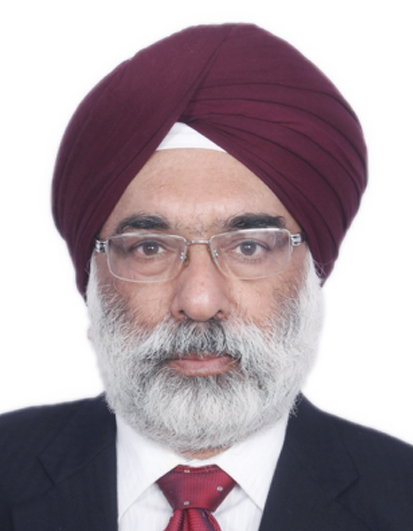

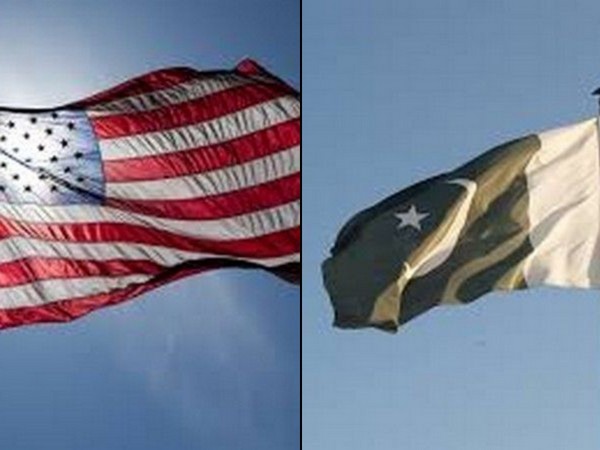
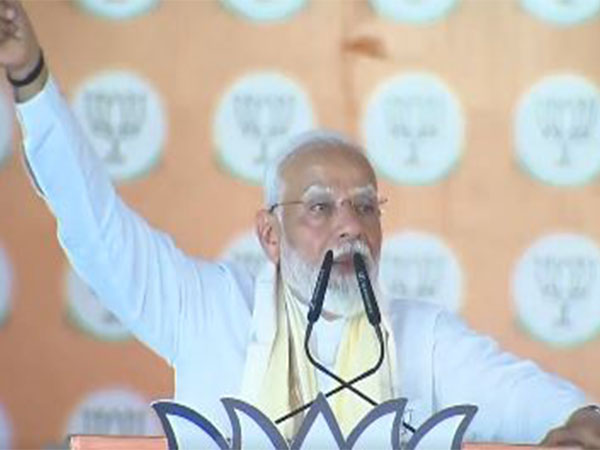
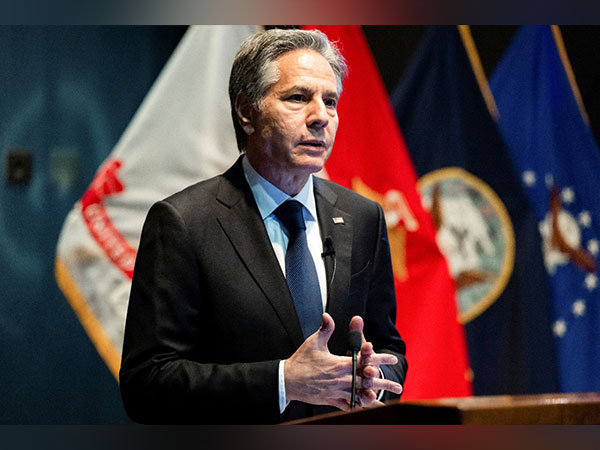
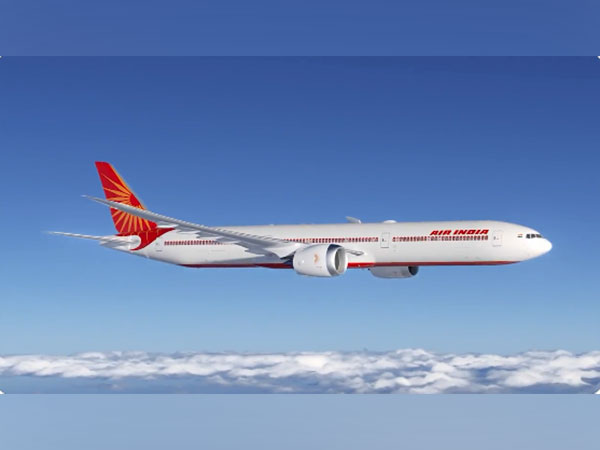
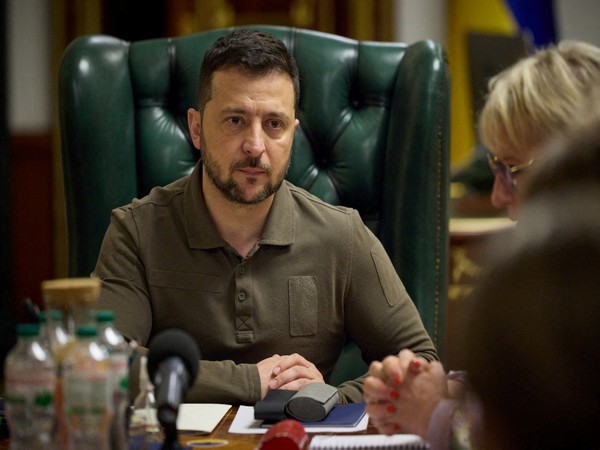
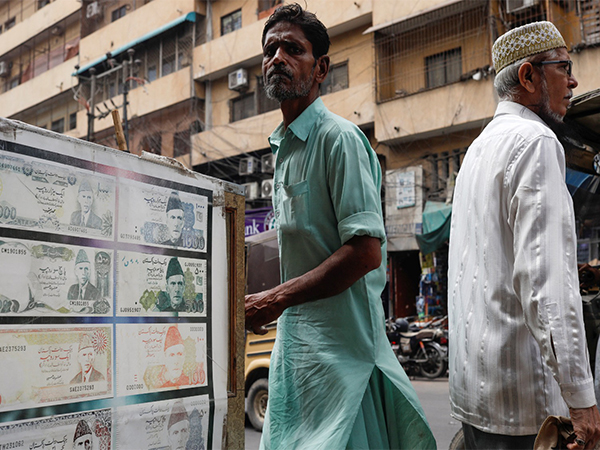
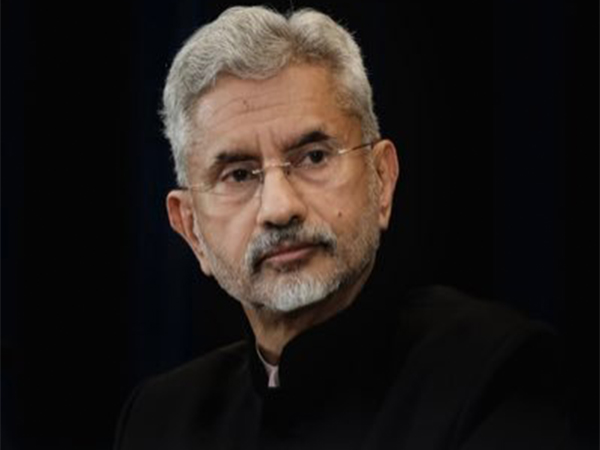
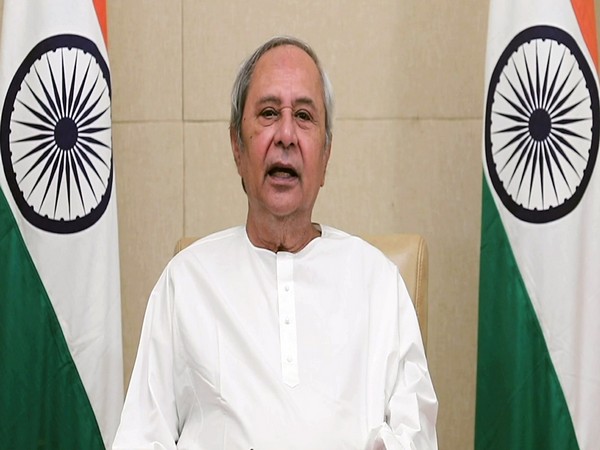
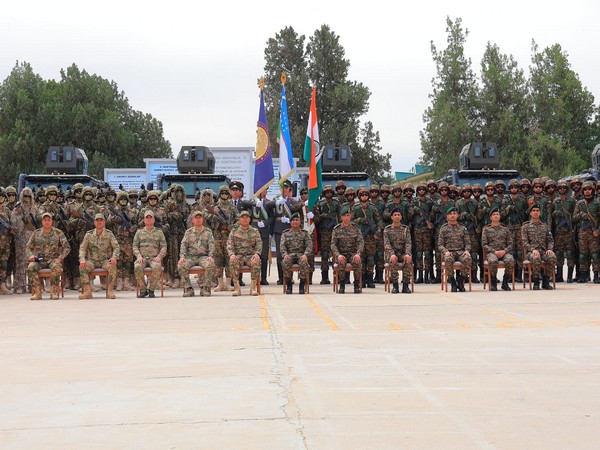
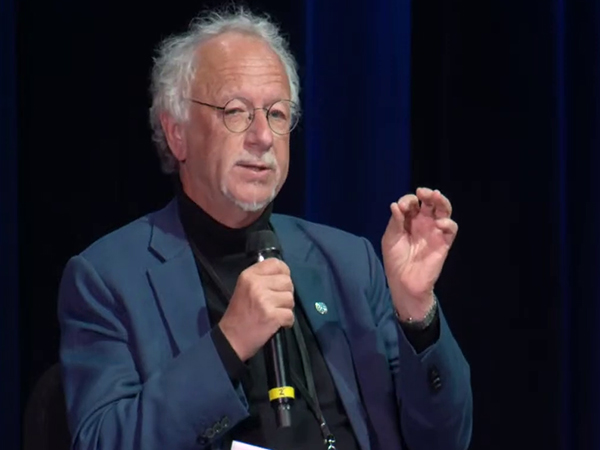






POST COMMENTS (1)
CS Verma